Silver Soul and Shining Wings by Andrew Knighton
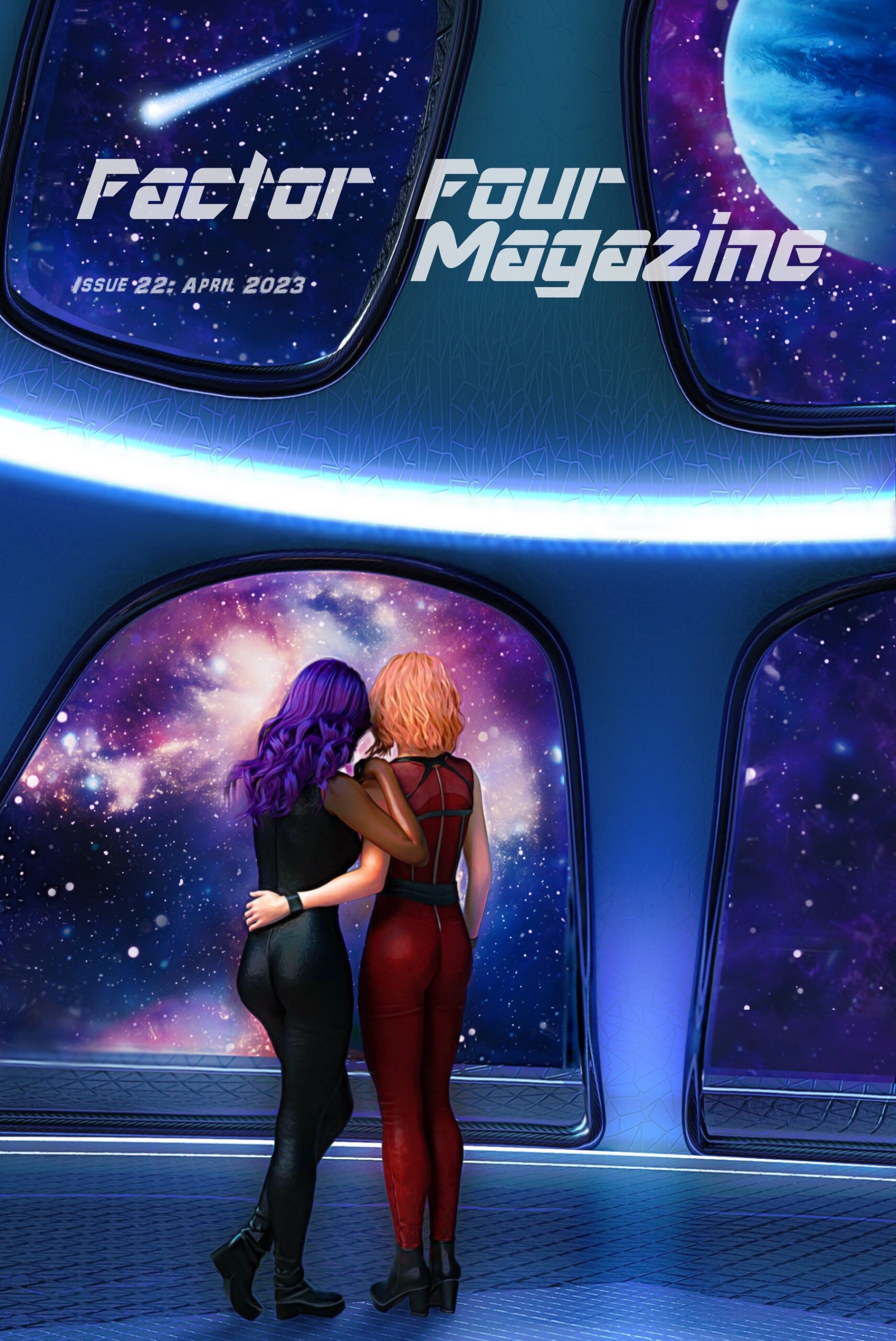
The train slid like a silver snake across the ice-hardened tundra, the solar array on its roof soaking up the light of a dying sun. It passed barren barns and hollow homes, clusters of abandoned factories and the clutching fingers of skeletal launch towers.
The last two people on the rails sat in the cab, watching a landscape cast in a washed out light. A green glow broke charcoal shadows as aurora birds flew past, iridescent wings rippling in a rhythm that matched nothing else in the universe.
“Thank you for letting me sit here,” the passenger said. For such a distinguished man, he was very eager to please.
The driver shrugged, tapped one of her gauges, glanced at the birds. “You’re the only soul I’ll see today, aside from them.”
“You think they have souls?”
For answer, the driver switched on a speaker. Through the rumble of the train’s wheels came a sound like an angel choir singing their love. The passenger wiped a tear from the corner of his eye. Even the driver gave a small, slow nod.
“I’m taking some of them with me,” the passenger said. “On that last rocket out.”
“I know.”
“You saw the cryogenic crates?”
“We’re among the last hundred people on the planet. Word gets around.”
“Ah. Of course.”
The passenger turned away. He was a renowned ornithologist, funded by five of the universe’s most prestigious institutions. The greatest scientific minds listened to him, even when they didn’t agree. Yet in this woman’s cab, on an abandoned planet orbiting a dying star, he felt as small as a child.
“Will you be sad to leave this behind?” the passenger asked, too loudly for the confined space. “I assume you have something else planned. The universe always needs pilots, eh?”
“Not leaving.”
“This is the last shuttle.” The passenger frowned. “If you don’t go now, you’ll die here.”
“Got enough supplies to last my natural life.” The driver shrugged. “There’s worse places to wait that out.”
“You’ll be cut off from civilisation, all alone.”
“Not alone.”
A flock of aurora birds swooped along beside the track, swirled aside as the train approached, flowed like a wave of light and song. Their glow painted the interior of the cab in the greens of a tropical forest, warm despite the ice outside. The passenger gasped. The driver’s eyes gleamed.
“We’re building a sanctuary,” the passenger said. “You’d be able to see the birds, even without coming to this planet.”
“Won’t save ‘em.” The driver teased the brake as the sun’s grey light sank toward the horizon.
“I assure you, it will.” The passenger’s voice rose in indignation. “I have thoroughly researched their diet, their migrations, their nesting habits, their—”
The driver raised a hand. The song of the birds was falling silent as the sun set ahead of them, leaving only the sound of wheels.
“Ice on the tracks now,” the driver said. “Still safe, but we go slow.”
By the lights of the train, the tracks ahead glittered. Wheels slid across the surface, their rumble becoming a near-silent hiss.
Then the aurora birds started singing again. In the dark, their glow shifted from green to amber. Their song become bolder, brighter, a soaring chorus.
“First year I was here, we laid a new track,” the driver said. “Thought we understood the birds’ paths, that it would be OK. But do you know how they die?”
“They go back to where they’re born. They shed their wings, which warm the eggs of the next generation.”
“Exactly. And that track cut through of the wing grounds. Birds got confused, couldn’t find their way home. They knew they were dying, so they lay down and did just that. Their wings never warmed nothing. Frozen eggs can’t hatch.”
“We’ll make them a new hatching ground.”
“They won’t know it, so it won’t work.”
“If we don’t take them, then they’ll go extinct.”
“Least they’ll die where they lived.” Her words were hard as rails, an unyielding path to a single destination.
The passenger looked at the driver and for the first time he wasn’t nervous. Instead, he felt a melancholy contentment. He understood what it was to be her.
“Nearly there.” The driver pointed ahead, to where the last shuttle stood against its launch tower, illuminated by floodlights.
The passenger felt as though he should say that he had changed his mind, that he would stay too, letting his captive birds live out their lives in the air they knew. But if there was any chance to save them, for the last orbit of this dying planet not to be the last moment of their species, then he had to take it. For the birds. For the people who would see them. For his pride, which could only bend so far.
Besides, this wasn’t his place. He hadn’t the right to keep a seat in this cab any longer than the driver offered it.
“What will you do?” he said instead. “Build a house with a view and watch the birds fly past?”
“Stay in here.” The driver patted the console. “Drive along the lines until I die, then leave my body to roll until the light runs out and the wheels go still.”
“That’s beautiful.”
“It just is.” For the first time, the driver almost smiled. Then she pulled into the station beneath the shuttle’s shadow. “All change for the last voyage out of here.”

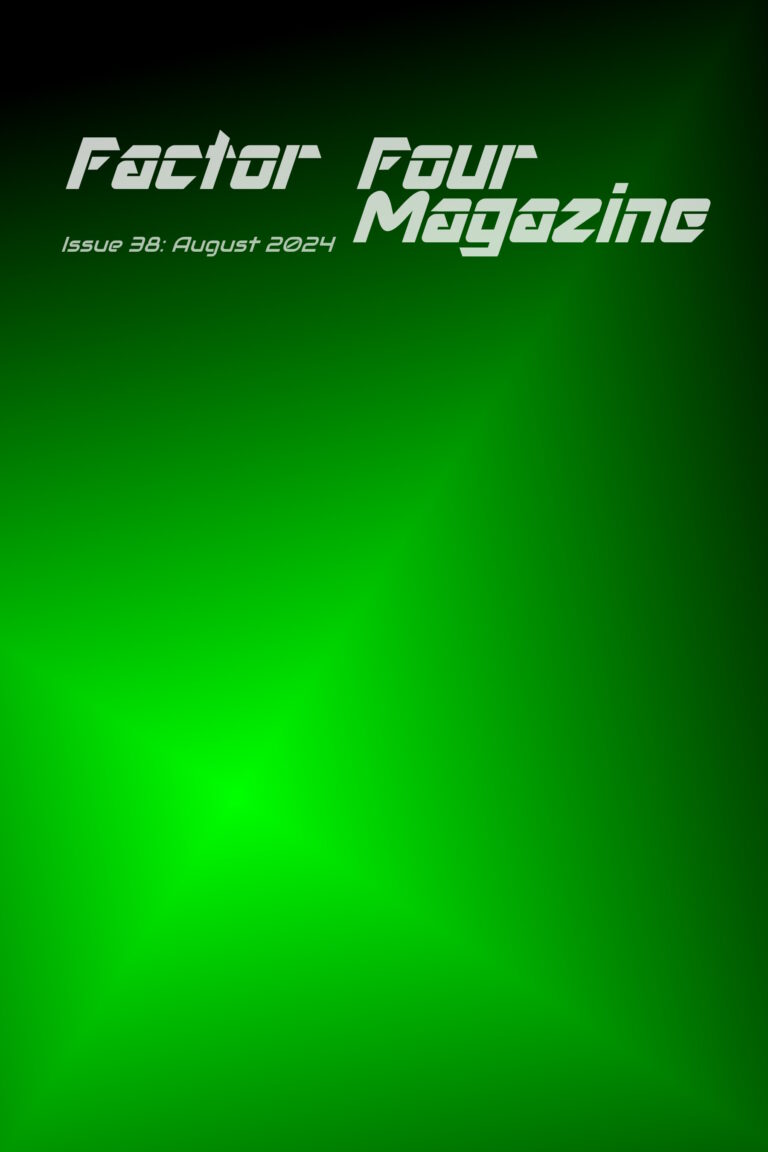
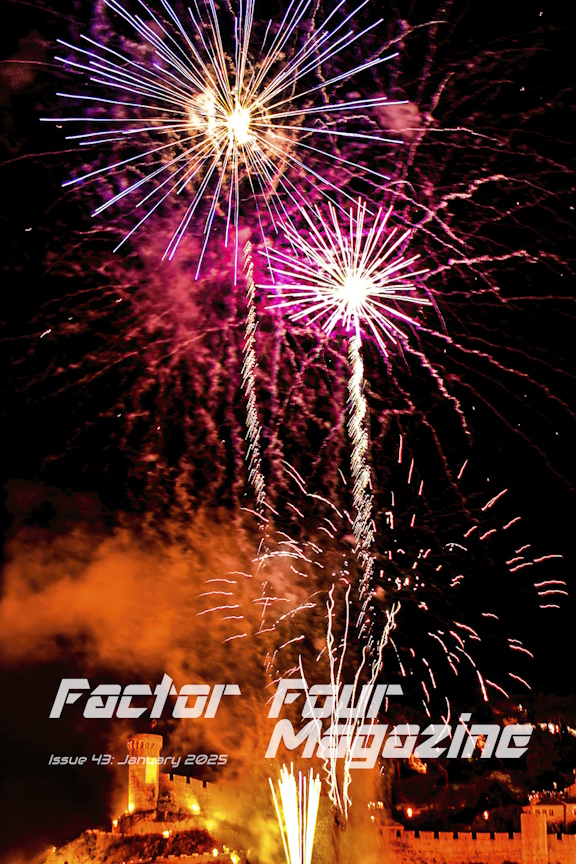
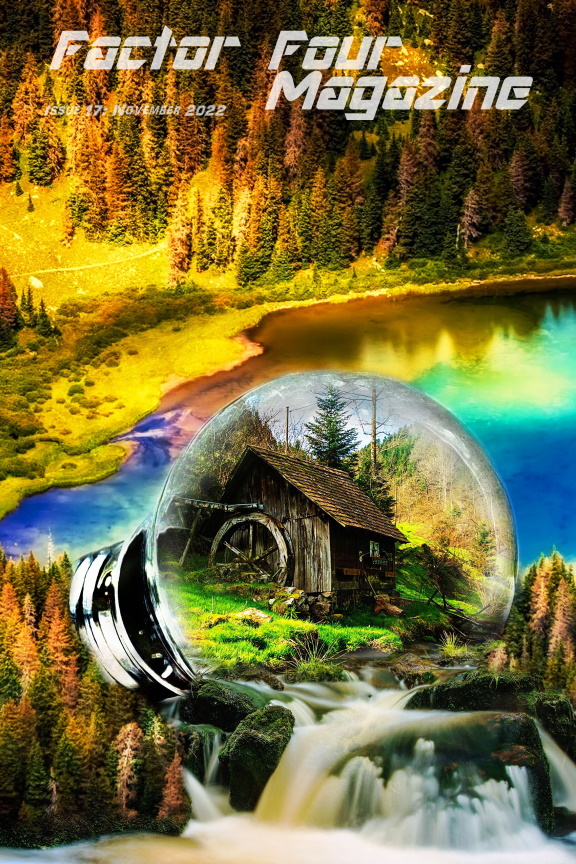
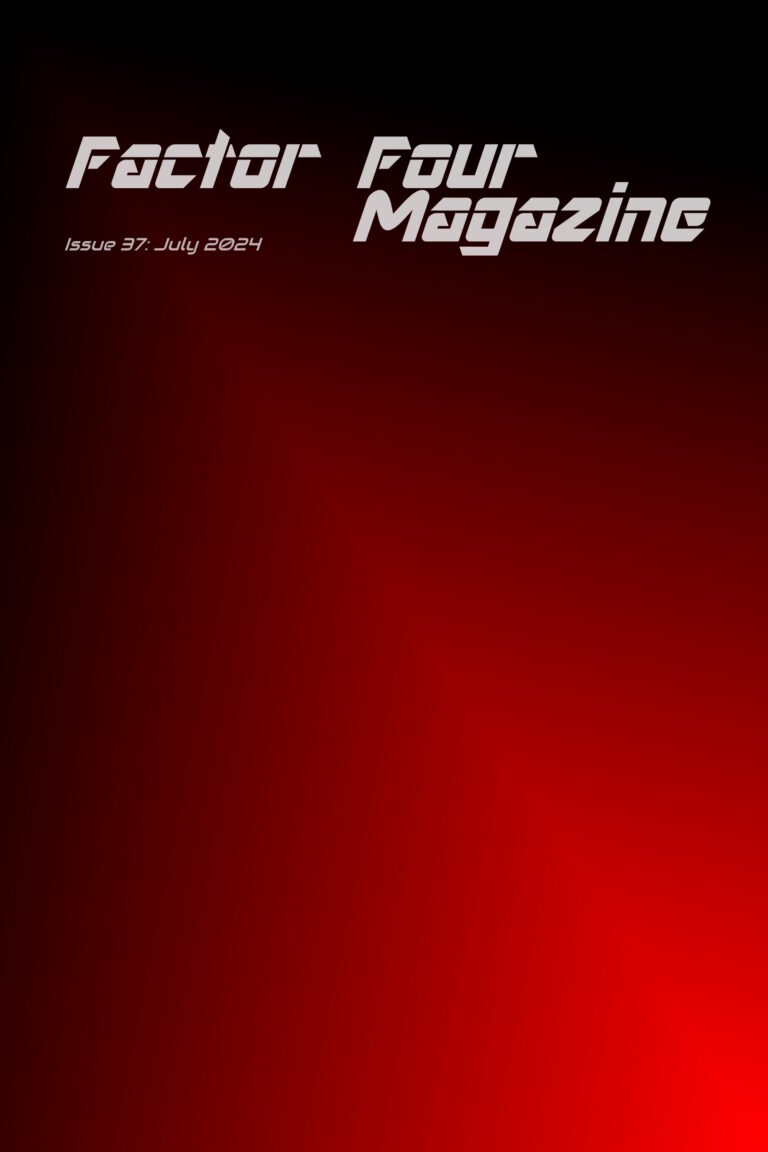
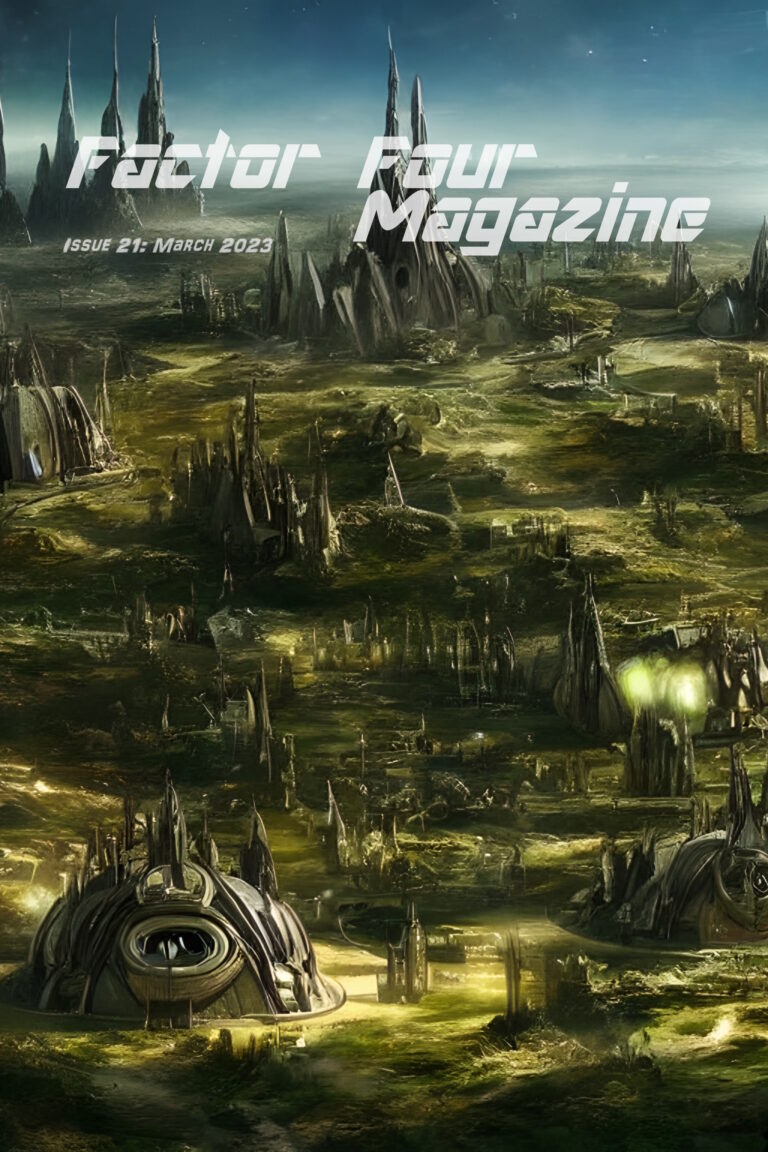
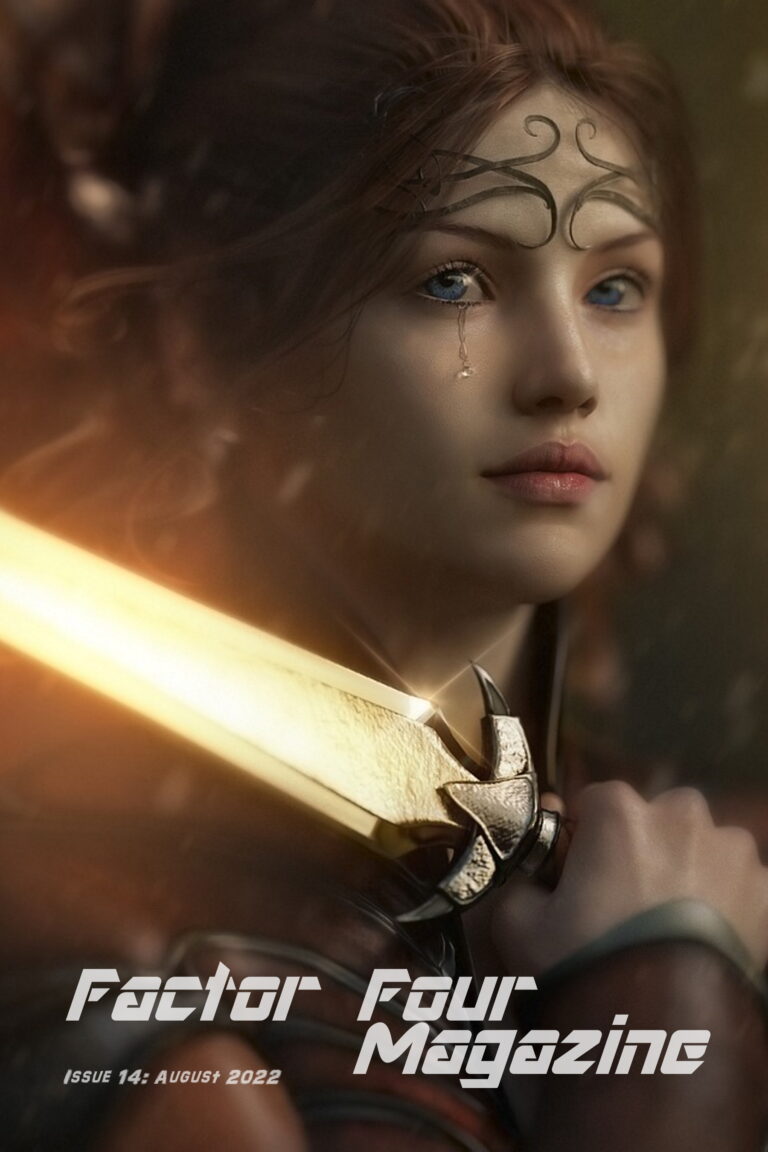
2 Comments